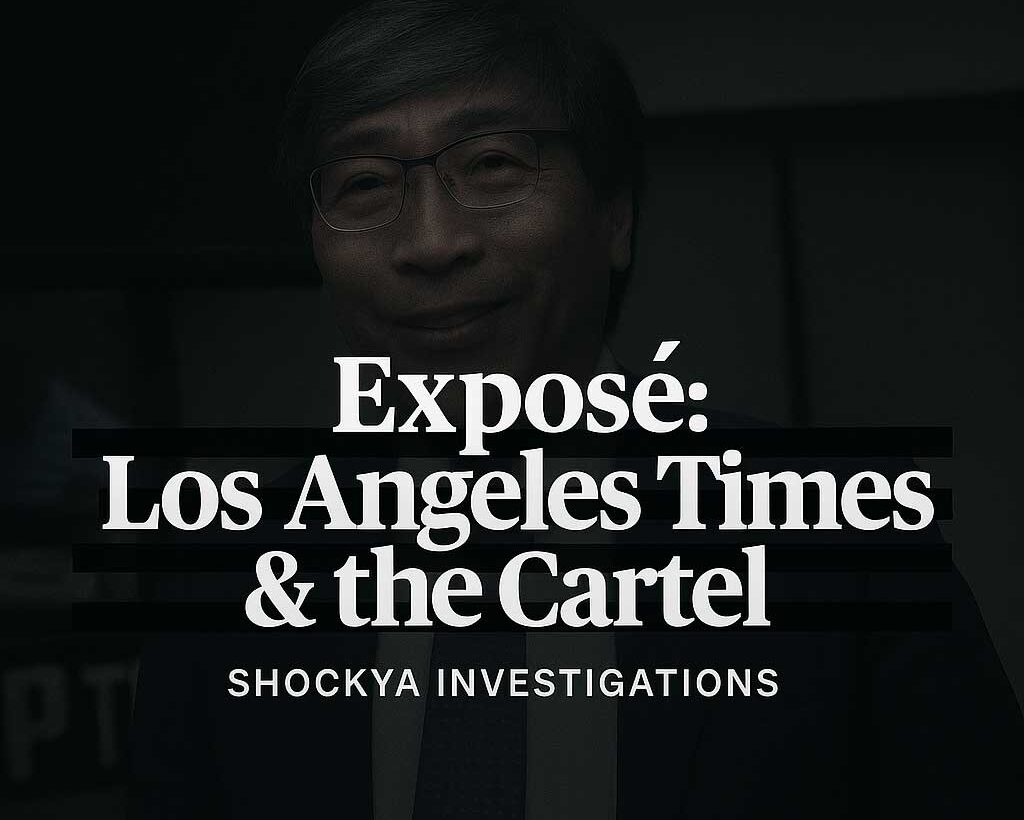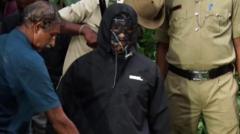Vanuatu's government has initiated steps to revoke the citizenship of Andrew Tate, who acquired a golden passport under a citizenship-by-investment program during his arrest in Romania on accusations of rape and human trafficking. This investment scheme, which requires a minimum of $130,000, has come under fire for potential abuse by individuals with criminal backgrounds, raising red flags for international governance bodies.
A government spokesperson stated, "We are definitely looking into" the matter, emphasizing the importance of maintaining the integrity of Vanuatu's citizenship offerings. The country’s passport program has been a source of revenue, but its association with criminality has sparked significant concerns, especially after the European Union suspended Vanuatu's visa-free access in late 2024, citing security risks.
Tate's citizenship was granted in December 2022, just as he faced legal issues, including a Romania-based investigation into serious crimes. Although a formal extradition treaty between Vanuatu and Romania does not exist, authorities are keen to ensure that individuals with dubious backgrounds do not become citizens.
Notably, reports have indicated that Tristan Tate's citizenship status remains unclear. Andrew Tate, a self-proclaimed misogynist with a significant online following, has been widely criticized for his views on women and for his influence on young men. Although both brothers have denied any illegal activity, the United Kingdom is pursuing their extradition concerning charges stemming from accusations made between 2012 and 2015.
The situation reflects not only on the personal challenges faced by the Tates but also underscores broader issues related to citizenship integrity and the geopolitical consequences of financial investment schemes.



















